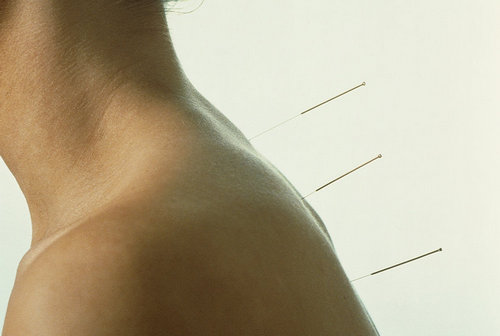Experts almost always recommend getting your vitamins and minerals from real food if you can, rather than taking them in pill form. And that advice may be especially key when it comes to calcium: In a study published last week, taking calcium supplements appeared to raise people’s risk for heart damage and plaque buildup in their arteries.
Following a diet high in calcium-rich foods, on the other hand, appeared to have a protective effect on heart health.
The study, published in the Journal of the American Heart Association, followed more than 2,700 people for 10 years. While the research was strictly observational-and therefore could not determine a cause-and-effect relationship between calcium pills and heart damage-it does add to growing scientific concern about the potential harms of supplements, say the authors.
That’s important, especially because an estimated 43% of American adults take a supplement that includes calcium. More than half of women over 60 take calcium supplements-many without the direction of a doctor-because they believe it will reduce their risk of osteoporosis.
But research has shown that calcium ingested as supplements does very little to boost bone mineral density. Most calcium never reaches the skeleton and gets excreted as urine, says John Anderson, PhD, professor emeritus of nutrition at the University of North Carolina at Chapel Hill and a co-author of the new report.
Scientists also know that calcium can be found in the plaque that can build up in arteries as a person ages. Too much plaque can impede blood flow, leading to atherosclerosis or possibly even a heart attack.

So the researchers decided to look more closely at calcium’s effects on heart health by studying people enrolled in a long-term project funded by the National Institutes of Health. They focused on a nationally representative sample of men and women, ages 45 to 84, who completed dietary questionnaires and received coronary calcium scans-a type of X-ray that measures calcium buildup in arteries-in 2000 and again in 2010.
At the study’s outset, the participants reported how often they ate calcium-rich foods-such as leafy greens, dairy products, and enriched cereals-and which drugs and supplements they took, if any, on a daily basis. Then they were split into five groups based on their total calcium intake.
After adjusting for age, gender, race, and other health and socioeconomic factors that might also influence heart health, the researchers found that those who got the most daily calcium (more than 1,400 milligrams a day) were 27% less likely to develop cardiovascular disease over the next decade than those who got the least (less than 400 milligrams).
But when they looked specifically at where people got their calcium, they found a significant difference. Compared with those who took in their calcium from food sources alone, supplement users had a 22% increased risk of developing plaque buildup and heart disease.
“There is clearly something different in how the body uses and responds to supplements versus intake through diet that makes it riskier,” Anderson said in a press release. “It could be that supplements contain calcium salts, or it could be from taking a large dose all at once that the body is unable to process.”
The study authors encourage people to speak with a knowledgeable doctor before taking a calcium supplement. Together you can decide on a proper dosage, or consider whether you even need one at all. (According to the National Institutes of Health, most adults should aim for at least 1,000 to 1,200 milligrams of calcium a day.)
“When it comes to using vitamin and mineral supplements, particularly calcium supplements being taken for bone health, many Americans think that more is always better,” says co-author Erin Michos, MD, associate director of preventive cardiology at the Ciccarone Center for the Prevention of Heart Disease at the Johns Hopkins University School of Medicine. “But our study adds to the body of evidence that excess calcium in the form of supplements may harm the heart and vascular system.”
This isn’t the first time adults have been warned against taking calcium supplements. In 2013, the United States Preventive Services Task Force recommended that healthy older women should not take calcium or vitamin D supplements to prevent fractures. Lower doses had shown no benefit and appeared to raise the risk of kidney stones, said the Task Force, and higher doses had not been shown to be effective, either.
Luckily, getting calcium through food alone doesn’t have to be difficult; there are even plenty of dairy-free sources if you can’t have (or are cutting back on) milk and cheese. And, says Dr. Michos, it seems to be the healthiest way to get your recommended daily amount. “Based on this evidence, we can tell our patients that there doesn’t seem to be any harm in eating a heart-healthy diet that includes calcium-rich foods,” she says, “and it may even be beneficial for the heart.”



